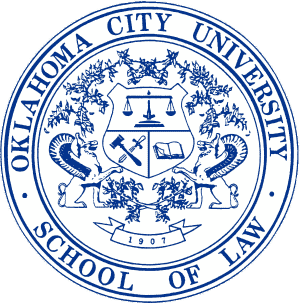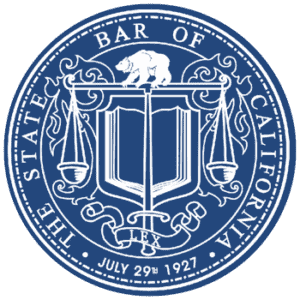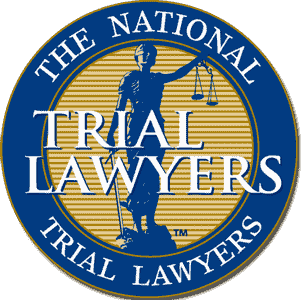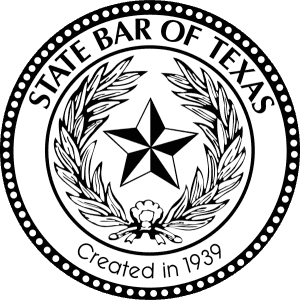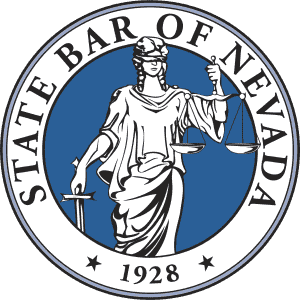Five things to Know About the Motor Voter Act of 1993
Estimated Reading Time: 7.4minutes
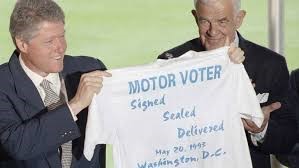
- Required states to allow people to register to vote when getting their driver’s license;
- Required states to allow people to register to vote when applying for public assistance;
- The “Rock the Vote” movement was credited with helping to get the act passed;
- Required the United States Postal Service to mail election materials of a state as if the state was a nonprofit;
- The Act prohibited states from removing registered voters from the roles of voting unless very specific criteria were met.
1993: “Motor Voter” Becomes Law
The National Voter Registration Act of 1993 (NVRA) (52 U.S.C. §§ 20501–20511) (formerly 42 U.S.C. §§ 1973gg–1973gg-10), also known as the Motor Voter Act was signed into law by President Bill Clinton on May 23, 1983. It became effective on January 1, 1995. The act was founded under the elections clause of United States Constitution. The National Voter Registration Act advanced voting rights in the United States by requiring the state governments to offer voter registration opportunities to all eligible persons who applied or renewed a driver’s license, or applied for public assistance. The act further required the United States Postal Service to mail election materials of a state as if the state was a nonprofit. In addition, the law required that states registered applicants that use a federal voter registration form to apply and prohibited states from removing register voters from the roles of voting unless very specific criteria were met. The act was intended to register as many voters as possible as easily as possible. It further forbid the process of states just taking people off the voting rolls for random and inappropriate reasons.
Following the enactment of the voter rights act of 1965 which addressed discrimination against racial minorities in voting practices, voting rights advocates continued to seek federal legislation to remove other barriers that were in place in various states regarding voter registration. The basic requirements to vote are virtually the same in every state. They are as follows:
1) A voter must be a US citizen;
2) Each person must be at least 18 years old;
3) Every voter must be a resident of the state in which he or she is voting.
Over the years legislative efforts to create national voter registration standards for federal elections failed. In the 1970s, several bills were considered by Congress to require the US Census Bureau to mail voter registration forms to every household but those bills did not pass. Later in the 1970s, there were bills proposed to require certain public agencies to make voter registration forms available and to require election day voter registration but those bills also failed. Several similar bills were proposed during the 1980s.
Two different bills that did pass in the 1980s made voter registration for federal elections more accessible for certain at risk populations. In 1984, the Voting Accessibility for the Elderly and Handicapped Act was passed which required states to make voting available to elderly and handicapped voters. Congress also passed the Uniform Overseas Citizens Absentee Voting Act in 1986 and that bill required states to mail federal voter registration forms to all overseas and military voters and permit them to register by mail.
However, despite numerous federal acts, voter turnout in federal elections remained very low throughout the 1980s and Congress began to look at creating general voter registration standards. Several bills referred to as “Motor Voter Bills” that required states to allow voters to register at the department of motor vehicles at the time they were applying for a driver’s license were proposed. Congress finally passed the national voter registration act of 1993.
The passage was long overdue and was largely a product of the Rock the Vote movement. In March 1991 the cult rock band REM placed a mail away petition in support of the act on the back of their album Out of Time and encouraged their fans to fill them out and mail them back to “Rock the Vote.” Astonishingly, “Rock the Vote” received over 100,000 such petitions from fans of REM that were all delivered to the United States Senate in April 1991. The campaign created by the band has been credited with raising public awareness and support of the Act before it was ever signed into law by Bill Clinton. As a result, registering to vote has become much easier and reached hundreds of thousands more voters. The federal courts and Congress have been attempting to provide fair and just access to voting for over 100 years and challenges to such laws continue to arise through today.
Uniform Federal Voter Form and Challenges to the Act
The act requires states to “use and accept” a uniform federal form that registers voters for federal elections. This creates uniformity in all states for voter registration. Under the Act, the national voter registration form which is commonly referred to as the “federal voter form “and was developed by the election assistance commission is used by voter registration applicants as an alternative to the state registration forms. The act required states to “accept and use“ a uniform federal form that registers voters for federal elections. The federal form makes each applicant a firm, under penalty of perjury, specific matters which include that he or she is a citizen and over 18 years old. Thus, the Act does not require documentary proof of citizenship, but simply a sworn signature of the applicant that he or she, is in fact a citizen of the United States of America. Between the years 2004 and 2013, the state of Arizona required voter registration officials to discard any application they received for registration that was not accompanied by proof of citizenship such as a birth certificate. This requirement was not part of the federal act. A group of Arizona residents challenged this law through a nonprofit in federal court. The federal district court granted Arizona summary judgment on the claim however the Ninth Circuit Court of Appeals reversed that holding. The Ninth Circuit Court of Appeals held that the state documentary proof of citizenship requirement was preempted by the federal act. The matter went to the Supreme Court and on June 17, 2013 the United States Supreme Court ruled against Arizona in Arizona v. Inter-Tribal Council of Ariz., Inc. (2013) In a 7-2 decision written by Justice Anthony Scalia, the Court held that the Act required the states to “use and accept” the federal form and that the Act preempted Arizona’s additional documentary proof of citizenship requirement. Therefore, the Arizona law requiring such additional proof of citizenship besides a sworn affirmation was considered to be unconstitutional.
At TheOneLawyer.com, we are here to serve our community and provide legal services in the Henderson and Las Vegas area. We are a boutique law firm providing experienced and personal representation to injured clients. At the Law Offices of Laura Payne-Hunt, TheOneLawyer.com we provide professional and personal service to each and every one of our clients on various legal matters and have over 15 years of experience in reviewing insurance policies and in Nevada insurance law. If you have a question regarding any type of personal injury or paying your medical bills from an accident, please don’t hesitate to call the offices of TheOneLawyer.com and speak directly to attorney Laura Marie Payne-Hunt, Esq. a Henderson Injury Attorney for over 15 years. Laura is recognized as one of Nevada’s Top 100 Lawyers. She has the experience and knowledge to obtain the maximum settlement you deserve. Please call our office if you or a loved one is injured. We can make sure that you receive the care you need and deserve and advise on how to preserve evidence.
At our office, we are experienced in helping injured victims get the compensation they are entitled to. Insurance companies never have the best interest of the injured person at the top of their priorities. They want to pay as little on every claim as possible. Having worked for an insurance company as an attorney for 9 years before opening my boutique law firm specializing in helping injured people, I have reviewed thousands of auto accident claims and policy provisions.
At the Henderson and Las Vegas Accident injury law offices of TheOneLaweyer.com, Laura Marie Payne-Hunt and her staff are here to help you and your family in the event that accidents and tragedies occur. For any of your legal needs, do not hesitate to contact our Henderson and Las Vegas Accident injury offices. TheOneLawyer.com is a boutique, family owned law firm that specializes in helping injured people and the community of Las Vegas and Henderson Nevada with legal issues involving auto accidents, wrongful deaths, slip and falls, truck accidents, injuries to children, bicycle accidents, dog bites, product liability claims, and all types of injury claims. Please do not hesitate to call us anytime you have a legal question or you or a loved one has sustained an injury at 702-450-(HUNT) 4868 and text 24/7 at 702-600-0032.

